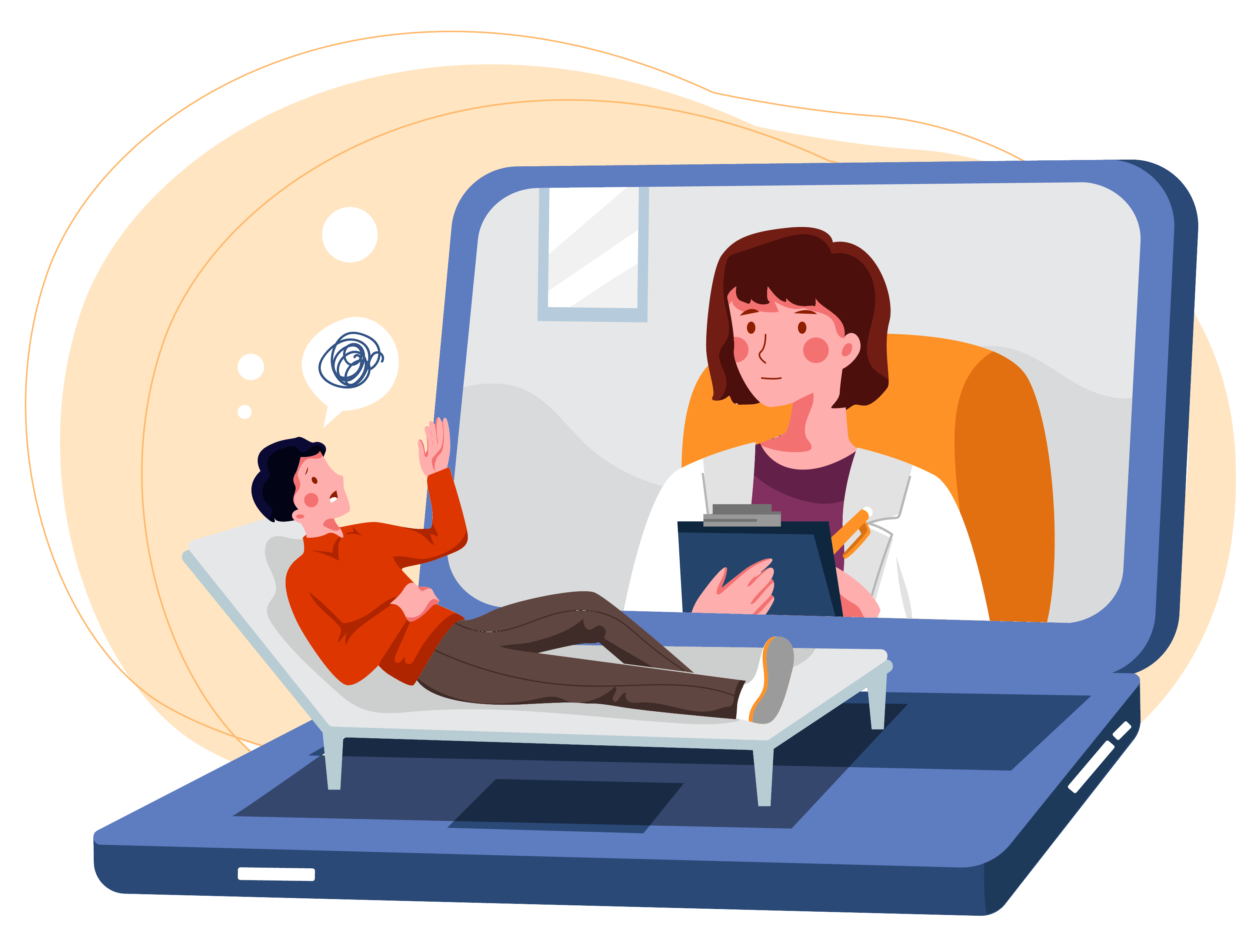
What to Do When Your Partner Won’t Go to Therapy
Two partners that feel disconnected or out of sync are not necessarily going to agree on when it is time to seek out the help of a couples therapist. The reality is that starting therapy can be pretty intimidating.
And try as we might, therapy still carries with it a bit of a stigma. Some people have told me their partners “don’t believe in therapy” or are too proud to call in for help. When one partner is resistant to the idea of going to therapy it can leave the other feeling hopeless and alone.
Keep reading to find out what to do when your partner won’t go to therapy.
Attend “Couples Therapy” Individually
Many people believe that if their partner is resistant to engaging in couples therapy, the only other options are to wait their partner out indefinitely, or give up on the relationship altogether. I actually think that when there is resistance in one partner, the next best move is for the willing partner to attend “couples therapy” individually.
The reality is that one person can create a fair amount of change in their relationship by attending individual therapy with a couples therapist. Things like exploring a person’s family of origin, trauma history, attachment style, and their awareness of bids for connection can be learned about in individual therapy and be used to improve relationships.
When working on relationships with individuals, I try to go beyond increasing personal awareness and work on improving communication skills that can be put into practice right away.
In one session we might work on how to change a client’s responses to behaviors or comments they don’t like from their partner or we might work on how to articulate their needs and wants more clearly.
Then they would put them into practice as soon as possible. At their next appointment we’d reflect together on how things have been going and how their partner has been responding.
Now, I can’t guarantee that I know what their partner is thinking or how they are feeling, but I’ve been working with couples long enough to play out a few scenarios in order to send clients back to their relationships with additional tools to continue creating positive changes.
Don’t Assume Your Partner is Unwilling to Change
Some people believe that their partner is resistant because they actually aren’t willing to change how they behave or communicate. While this can be the case, oftentimes resistant partners are feeling confused, hurt, or full of shame and fear.
What they display however looks more like anger, silence, or indifference. I coach my clients on how to identify those under-the-surface feelings in their partner and work with them to tend to or repair those feelings.
Now, it can be the case that a resistant partner is simply not interested in changing anything about how they behave in the relationship – even if that means it will end. So being in individual therapy while confronting that reality would provide you with a lot of support.
On a more positive note, I have seen situations where one partner starts therapy and begins interacting differently with their partner at home. And then, because the resistant partner is starting to feel better about how things are going, they become willing to participate in couples therapy.
There are so many aspects to having a healthy and satisfying relationship. Don’t let a resistant partner talk you out of working to improve your relationship with the help of a couples therapist.
If you are the willing partner in your relationship, schedule an appointment for individual “couples therapy”. I look forward to working with you and seeing your relationship improve, even if you have a therapy resistant partner.

